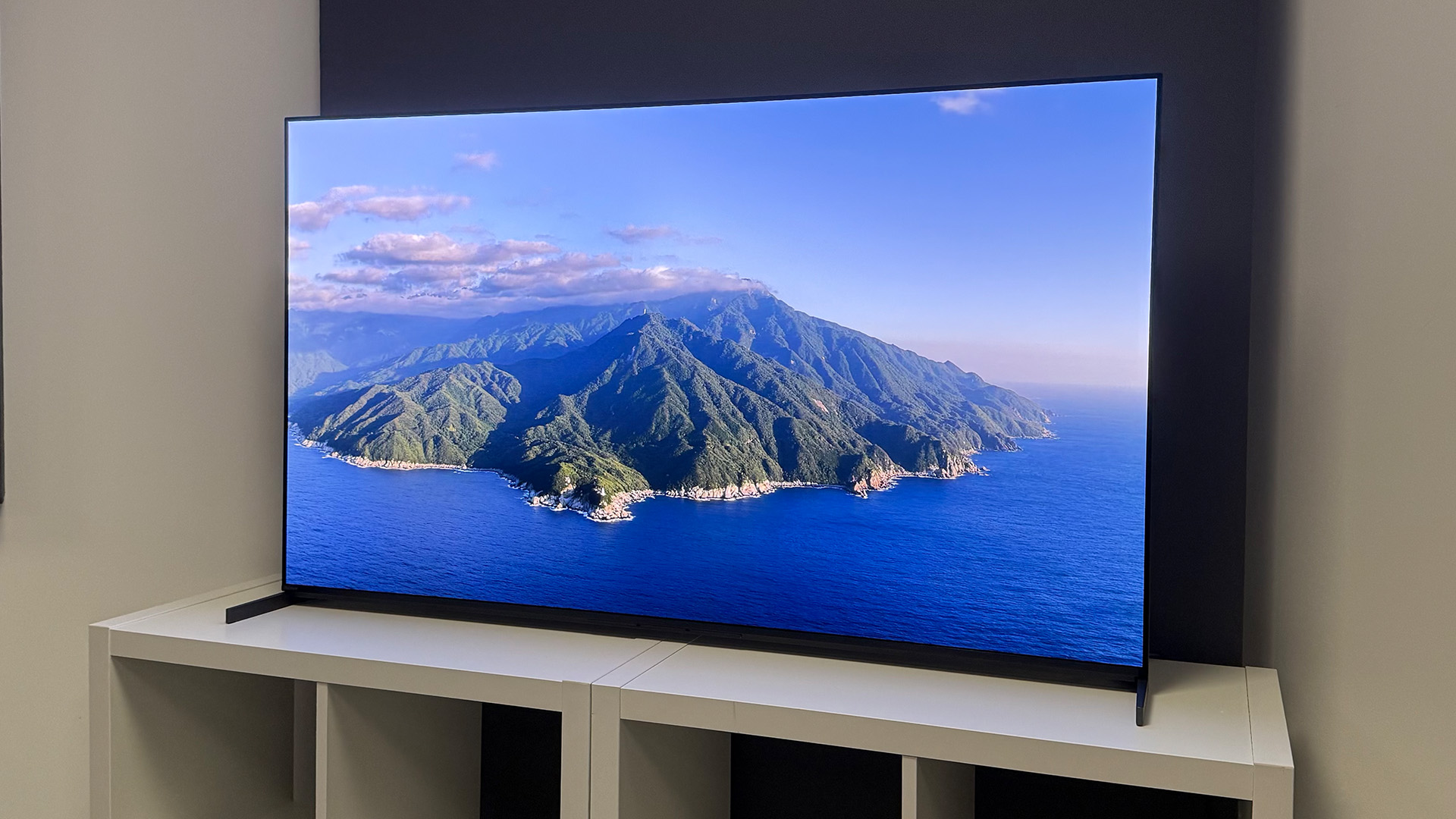Dr Bach will see you now, or why there's nothing new in music and medicine
Sometimes you read breakthrough research with a growing sense of wonder – not at the breakthroughness of it, but that people have spent good money to find out what we knew all along.
The latest example? A report by a team from Italy's Pavia University, showing that music can affect the body, and may be of benefit in the treatment of conditions such as strokes.
According to Dr Luciano Bernardi, his team asked two dozen healthy volunteers to listen to tracks including opera arias and choruses, and a Bach cantata, while monitoring their breathing, heart rate and blood pressure.
The results? Crescendos caused blood vessels to narrow, while blood pressure and heart and respiratory rates increased, while diminuendos had the opposite effect, relaxing the test subjects.
Hold the front page – music can make you excited, or calm you down.
News for Dr Bernardi: someone may have spotted this before.
After all, as William Congreve said just a little while ago – in 1697, to be precise – "Music hath charms to soothe the savage breast".
Or indeed John Dryden, ten years before that, in his Song For St Cecilia's Day: "What passion cannot music raise and quell!"
Ah, but surely the research suggests music goes beyond simply stirring or soothing us?
Umm, yes, but then the ancient Chinese philosopher had that one covered: "Music produces a kind of pleasure which human nature cannot do without."
Sometime around 1600 years ago...
The latest hi-fi, home cinema and tech news, reviews, buying advice and deals, direct to your inbox.
Andrew has written about audio and video products for the past 20+ years, and been a consumer journalist for more than 30 years, starting his career on camera magazines. Andrew has contributed to titles including What Hi-Fi?, Gramophone, Jazzwise and Hi-Fi Critic, Hi-Fi News & Record Review and Hi-Fi Choice. I’ve also written for a number of non-specialist and overseas magazines.
